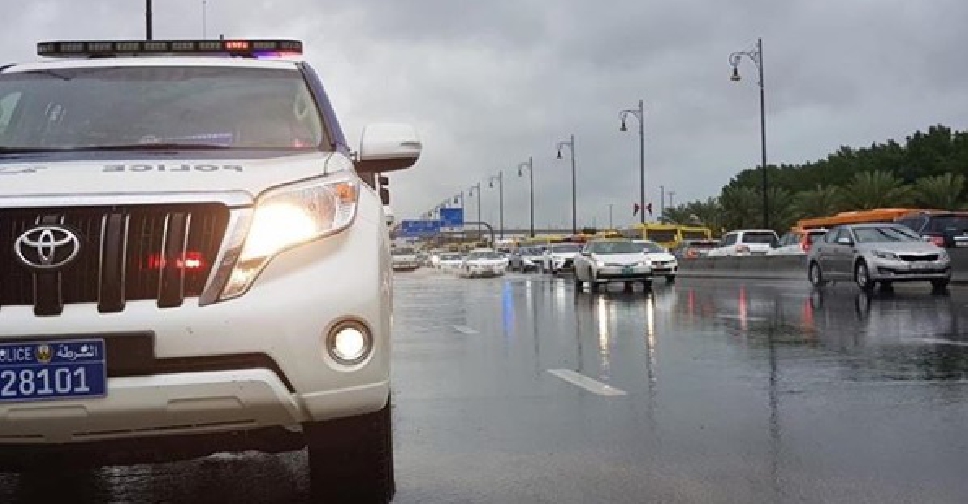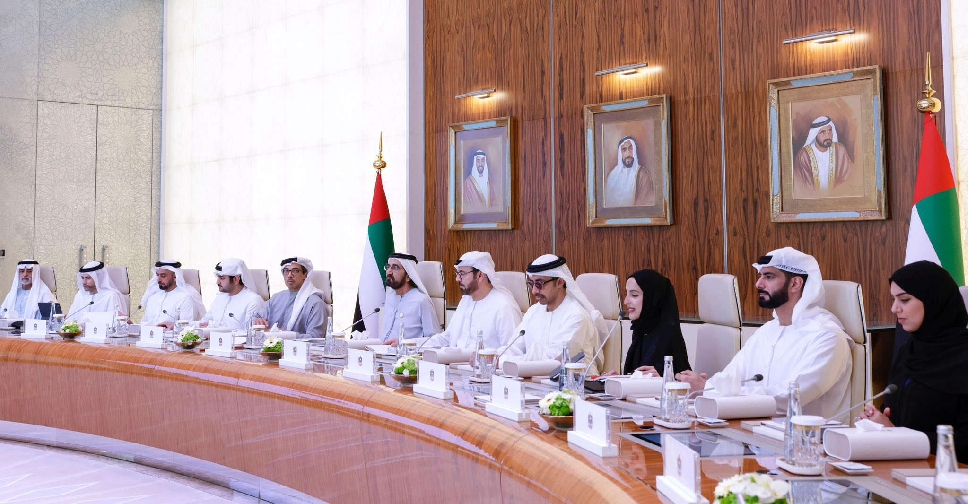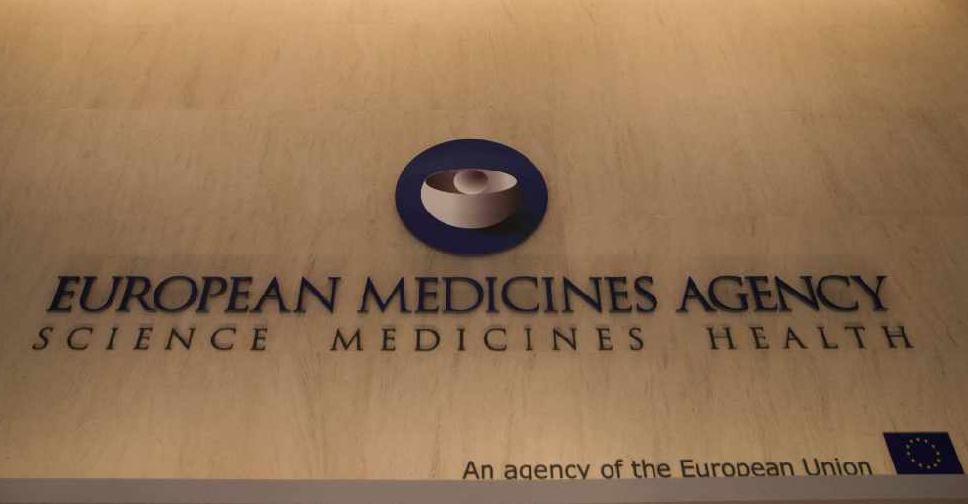
The European Union's health regulator on Friday raised concerns over the decreasing effectiveness of COVID-19 antibody therapies to treat patients as emerging virus variants are challenging treatment approaches.
The World Health Organisation (WHO) and the U.S. Food and Drug Administration have both gone a step further and pulled recommendations for some monoclonal antibodies on the basis that Omicron and the variant's latest offshoots have likely rendered these options obsolete.
Monoclonal antibodies are designed to neutralise the SARS-CoV-2 virus by binding to the spike protein on its surface, but the virus has been evolving, causing changes in this protein, affecting how the antibodies bind to them.
"Although it is not yet known to what extent the reduced neutralising activity translates into reduced benefits for patients, healthcare professionals will need to consider alternative treatments, especially if subvariants such as BQ.1 and BQ.1.1 become prevalent," the European Medicines Agency (EMA) said.
New offshoots of the dominant BA.5 subvariant of Omicron known as BQ.1 and BQ.1.1 are among the more than 300 sublineages of the Omicron variant circulating globally, 95 per cent of which are direct descendants of BA.5, according to the WHO.
The Emergency Task Force of the EMA said antiviral alternatives such as Pfizer's Paxlovid and Gilead's Remdesivir can be considered, saying that they are expected to retain their activity against the emerging strains.
AstraZeneca's Evusheld, Celltrion's Regkirona, Roche's Ronapreve and GSK-Vir's Xevudy are monoclonal antibodies approved in the EU for COVID-19.
The EMA added that it would consider any required updates to labels of the individual therapies.

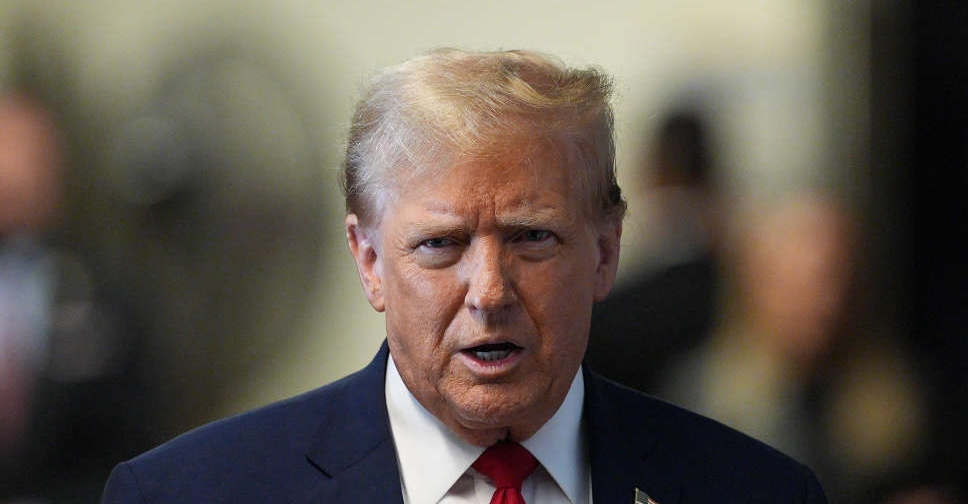 Grand jury indicts 18 in Arizona fake elector scheme
Grand jury indicts 18 in Arizona fake elector scheme
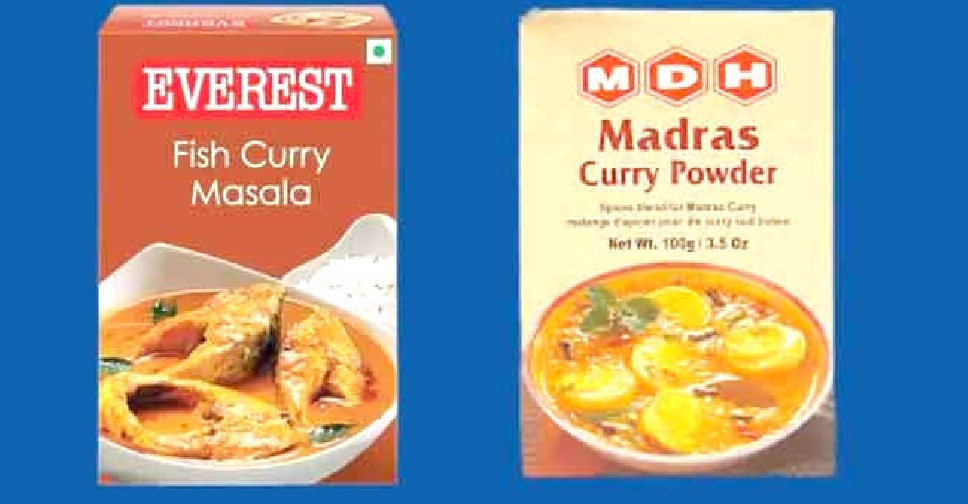 India inspects spice makers over alleged contamination
India inspects spice makers over alleged contamination
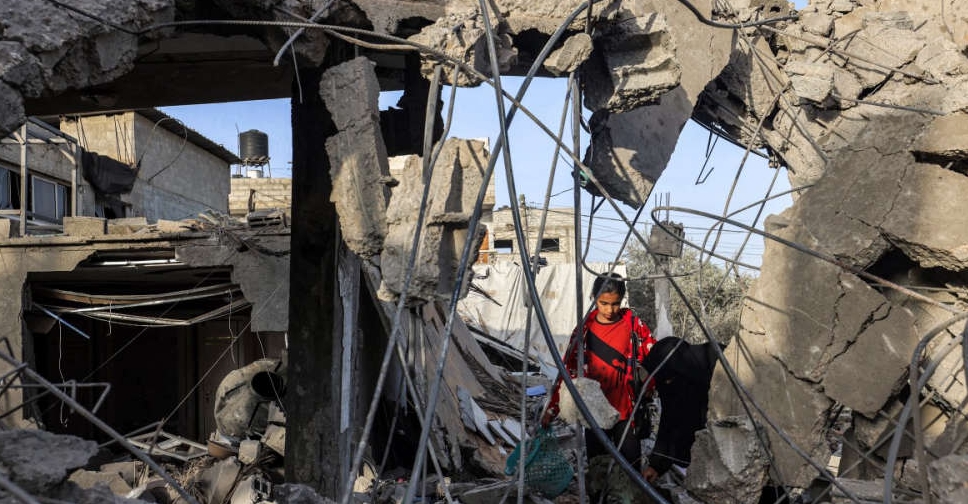 Israeli media predict offensive in Gaza's Rafah soon
Israeli media predict offensive in Gaza's Rafah soon
 Russia detains ally of Defence Minister Shoigu for corruption
Russia detains ally of Defence Minister Shoigu for corruption
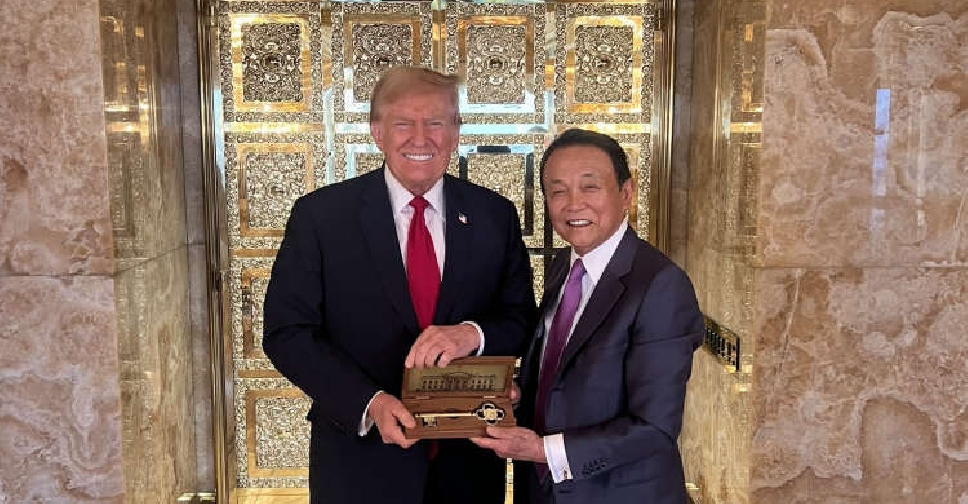 Trump meets with Japan's former prime minister Aso
Trump meets with Japan's former prime minister Aso
